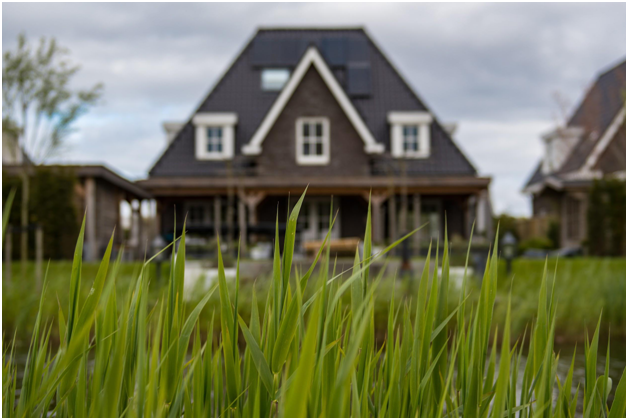Watch Out! How Death Can Kill Home Value

After a murder or suicide, selling a property might be on the top of a family’s list. Getting away from the scene of the incident is understandable, but it can also make selling the home incredibly difficult.
In cases of violent deaths, realtors are under a legal obligation to disclose the nature of the event to potential buyers. However, the logistics vary by state, so some sellers are never obligated to disclose death on a property. This doesn’t stop buyers from exploring, though.
Diedinhouse.com is a popular web service that allows anyone to type in a U.S. address and search public records for death-related incidents. While some buyers may prefer to not know the history of a house, many people may learn through their own investigation or inquiry.
If you’re considering selling a home after a murder or suicide, here is how death could impact your property value.
Context Is Everything
The nature of the death is the largest factor that influences a property value. A peaceful passing of an elderly person is not perceived the same as a violent murder or suicide in the bathroom.
Homes that are associated with violent and famous crimes are more likely to be affected, and if the death in your home attracted local or even national attention, it’s likely that you’ll face greater difficulty finding a buyer for a fair price.
If a tragic death or violent crime took place in or even around the home, it’s likely that the property value will decrease by as much as 50 percent. In many cases, homeowners are left for years in limbo, desperately attempting to sell a property associated with a notorious crime that buyers aren’t interested in.
Emotional Impact
The nature of a death will influence buyer willingness; if a fire killed a family, a home intrusion left a household dead or someone violently took their own life, people are more likely to avoid purchasing the home even if they love the property itself.
People are generally unwilling to start their next chapter on such a morbid note. Some may fear the ramifications of living in a place that they believe could be haunted or carries bad energy. Others may simply be so disturbed by the death in the home that they can’t bring themselves to ever live in it.
Because disclosing a death can lower the property value and dissuade buyers, many homeowners wonder if they should just keep everything a secret. While you may not be legally obligated to tell potential buyers what happened, it’s in your best interest to be forthcoming. Otherwise, you run the risk of buyers discovering the truth on their own and backing out of a sale last minute.
How to Counteract the Death Effect
First and foremost, you want to offer people reassurance that the home is in livable condition; investing in ABT home cleanup can provide buyers with a peace of mind that the property has been thoroughly cleaned and restored after the death.
ABT home cleanup removes any biohazard material left in the wake of a murder or suicide. Crime scene cleanup that adheres to federal regulations will ensure that a property is restored to its former glory. The credentials of an ABT cleaning can help put worried minds to rest, knowing that the property may have been the source of a tragic event, but it has been cleaned and still offers wonderful potential.
Additionally, homeowners can work with a real estate attorney to learn how much they have to disclose regarding the property’s past. Hiring an esteemed real estate agent and informing them of what happened can make it easier to market the home effectively and find the right buyer without losing a large percentage of the property value.



